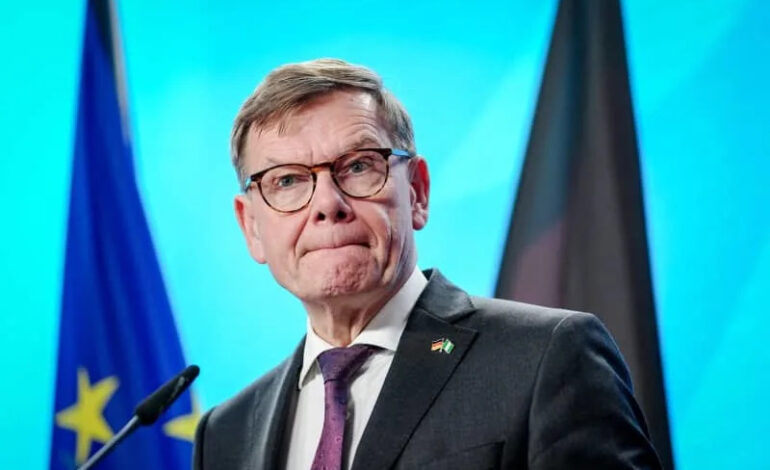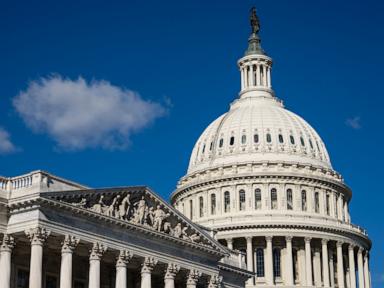Germany Seeks Closer Lithium Partnership with Bolivia

Germany is moving to strengthen its ties with Bolivia as part of a strategy to reduce dependence on China for critical raw materials, particularly lithium. Foreign Minister Johann Wadephul emphasized the importance of Bolivia’s vast lithium reserves, stating, “Bolivia is rich in raw materials, especially lithium, which is indispensable for our energy transition, for electric mobility and for many other sectors in Germany.” This statement precedes Wadephul’s visit to the resource-rich South American nation.
Lithium is a key component in the production of batteries for electric vehicles and portable electronics, such as smartphones and laptops. Additionally, it plays an essential role in solar and wind power systems. With demand for lithium-ion batteries surging, the German government is keen to diversify its supply sources and diminish its reliance on China, which currently dominates the lithium market. Wadephul noted that Bolivia also possesses significant potential in regard to rare earth materials, further enhancing the prospects for bilateral cooperation.
Santa Cruz is the location for Wadephul’s meetings with newly elected Bolivian President Rodrigo Paz Pereira, who is viewed as a moderate reformer. Paz, representing the Christian Democratic Party, won a run-off election in October 2023, marking a shift away from nearly two decades of left-wing governance characterized by a power struggle between former president Evo Morales and outgoing president Luis Arce of the Movement for Socialism (MAS).
During his visit, Wadephul is scheduled to meet with Fernando Hugo Aramayo, the new foreign minister, along with representatives from the business community. These discussions aim to explore the potential for increased collaboration in the mining and energy sectors, which are vital for both countries.
Paz faces significant challenges as he takes office, including navigating a deep economic crisis marked by high inflation, fuel and food shortages, and a critical lack of medicines. Bolivia, a landlocked nation with approximately 12 million inhabitants, is regarded as one of South America’s poorer countries. The outcome of Wadephul’s visit may have implications not only for Germany’s energy transition efforts but also for Bolivia’s economic recovery strategies as it seeks to leverage its natural resources effectively.
As global demand for lithium continues to grow, partnerships like the one being pursued by Germany and Bolivia could reshape the landscape of international trade in critical minerals, presenting new opportunities and challenges for both nations.






